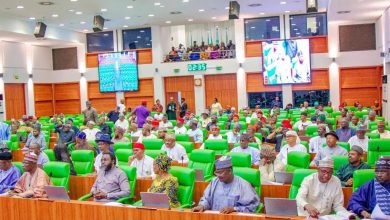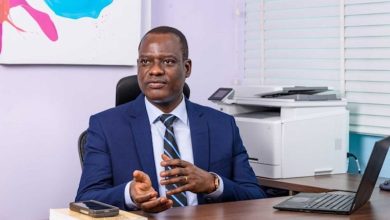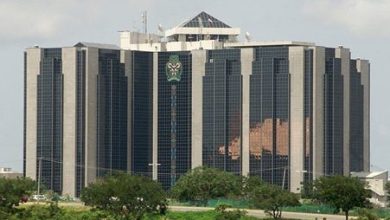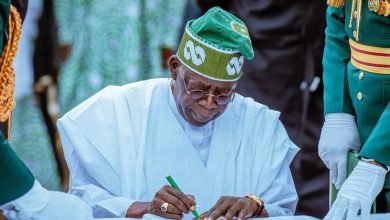Nigeria’s Per Capita Income Falls 66% in 2024, 65 Million More Pushed Into Poverty
A new report shows Nigeria’s living standards suffered a major decline in 2024 economy wide.
GDP per capita dropped sharply pushing millions into poverty despite reforms supporting economic recovery efforts.
Nigeria’s economy has recorded one of its sharpest declines in living standards in decades, as a new report by Quartus Economics shows that the country’s GDP per capita dropped by 66 percent in 2024, pushing more than 65 million people into poverty.
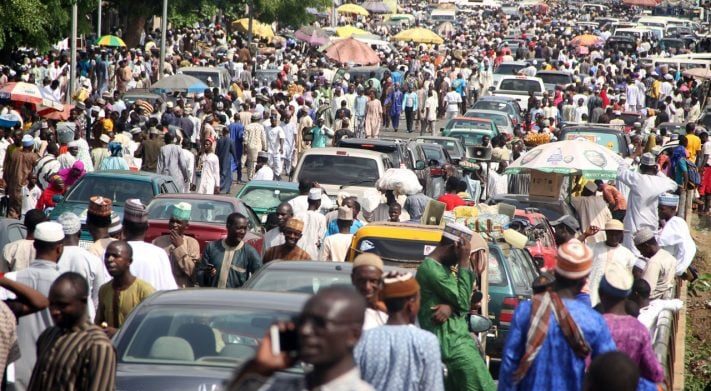
The report, titled “Forty Years of Structural Adjustment: Is Africa’s Eagle Stuck or Soaring Back to Life?”, reviewed the country’s economic progress since the introduction of the Structural Adjustment Program (SAP) in 1986. The policy was intended to reduce government control, strengthen private enterprise, and build a more competitive economy.
Quartus noted that while Nigeria’s GDP expanded from $87.5 billion in 1990 to $252 billion in 2024, the nation’s economic health remained weak. The naira was said to have lost 99.7 percent of its value over the same period, making growth gains less impactful for ordinary citizens.
The report explained that although early liberalization, privatization, and banking reforms helped increase manufacturing and private investment, several policy reversals and inconsistent implementation later undermined progress.
It stated that structural problems worsened as a result of population growth outpacing productivity, leaving the economy unable to support improving living conditions.
Between 2014 and 2023, Nigeria experienced its slowest growth in a generation, which was triggered by falling oil prices, weak policy choices, rising inflation, and poor governance. Inflation crossed 30 percent, capital inflows declined, and many sectors stagnated.
However, the report acknowledged recent reforms from 2023 to 2024, including the removal of petrol and foreign exchange subsidies, as bold steps that helped stabilize the economy. Despite initial hardship, the measures improved fiscal stability and boosted investor confidence.
By late 2024, GDP growth returned to nearly 4 percent, with stronger performance in manufacturing and mining. Rising foreign reserves, estimated at $42 billion by October 2025, and a gradual drop in inflation signaled renewed economic strength.
Quartus warned, though, that the country is still recovering from what it called a “lost decade.” Per capita income remains far below its 2014 levels, while exports and governance challenges continue to limit progress.
The report concluded that Nigeria must sustain reforms and invest in productivity, innovation, and stronger institutions to achieve long-term transformation.
It described Nigeria as an “African eagle” that has begun to lift off but is yet to soar fully, stressing that lasting progress will rely on discipline and continuity in policy execution.
